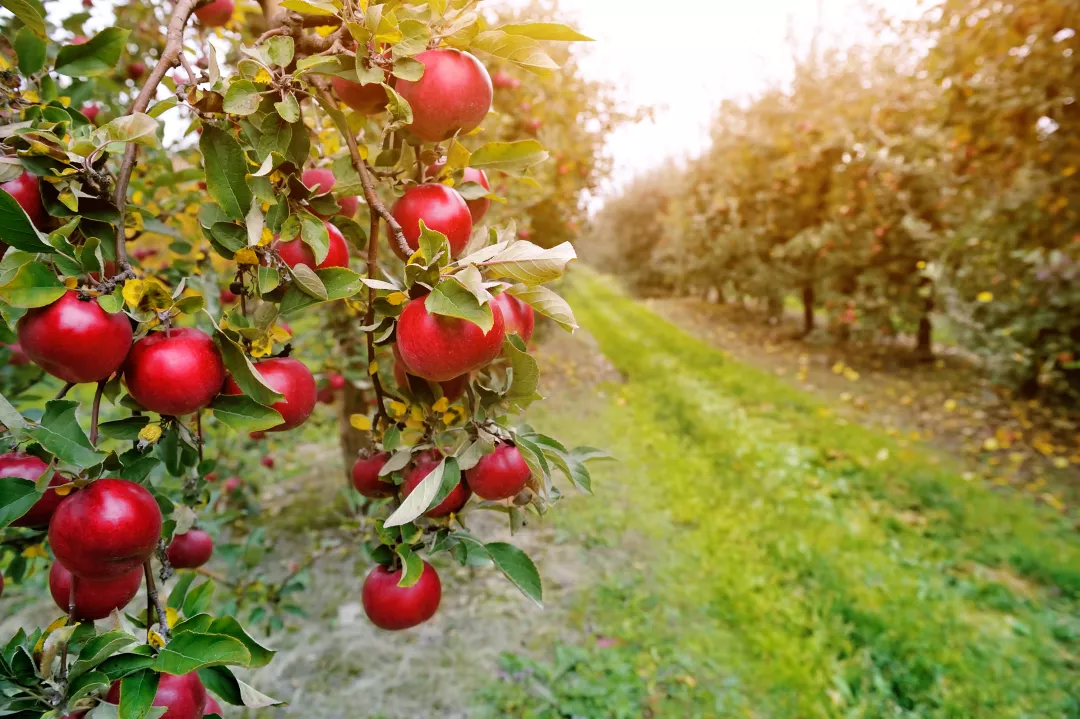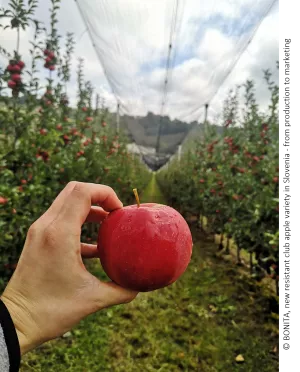Collective approaches create CAP success stories
A new set of Good Practices examples featuring different CAP project practices reflects the CAP’s primary rationale in terms of safeguarding food supplies for EU citizens in a sustainable way, as well as contributing to resilience in rural Europe

Identifying, analysing and sharing good practice examples of Common Agricultural Policy (CAP) implementation are core functions of the European CAP Network and we have recently published a new set of different CAP project practices. These reflect the CAP’s primary rationale in terms of safeguarding food supplies for EU citizens in a sustainable way, as well as contributing to rural resilience throughout the Member States.
CAP provides support through multiple tools to help ensure sustainable food supplies. The new set of CAP project examples includes good practice in collective approaches for safeguarding food systems, such as the ones in Slovenia. Here the CAP has supported producer group members in the fruit and vegetable sector to introduce new healthy food products, boosting both business competitiveness for farmers and variety in terms of consumer choice.
Collective approaches by producer groups have been a thematic focus for the European CAP Network and partnerships are expected to continue to remain prominent in the new CAP period. The Slovenia success stories showcased in the ENRD database of CAP projects highlight how small farms can benefit by joining forces to achieve economies of scale and improve competitiveness through funding from the CAP.

The ‘Sloga Kranj’ agricultural and forestry cooperative used CAP funds to establish a group of potato producers and a group of vegetable and fruit producers. As part of this process, the cooperative provided training, undertook promotion and marketing of the groups’ products, as well as organised distribution logistics and quality control along the products’ value chain. This collective agri-food initiative helped to connect more than 1700 farmers in a supply chain and created two jobs.
Another inspirational CAP case study from Slovenia promoted by our new set of publications refers to a new eco-friendly apple variety (resistant to apple scab) that has been introduced with the help of the CAP’s European Agricultural Fund for Rural Development (EAFRD). Nutrition benefits and economic advantages flow from this EAFRD project example, which allowed 200 Slovenian fruit growers to participate in knowledge transfer events at demonstration farms and workshops, leading to the new Bonita apple variety being planted across 40 hectares in three regions. ‘Bonita’ apples have now become popular with consumers and CAP funding helped this happen through supporting new production technology, storage and marketing along the value chain.